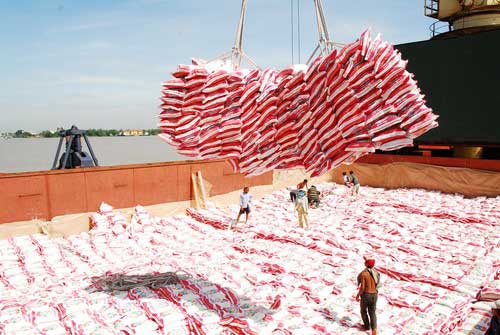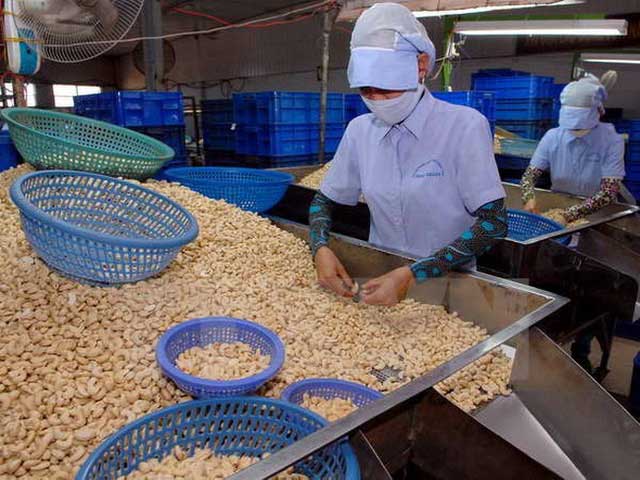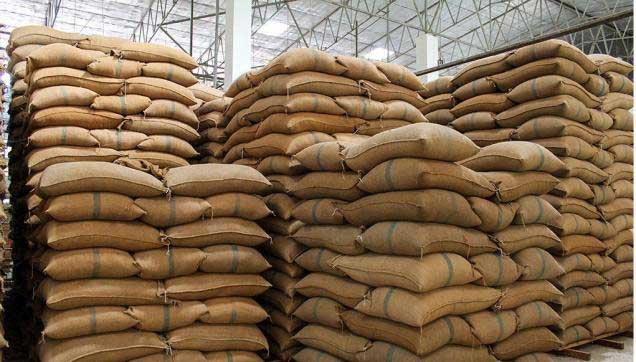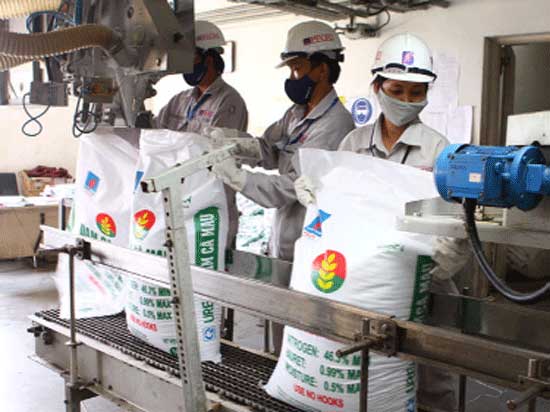Bangladesh will reduce import taxes on rice

“We have decided to reduce the import tax on rice to 10% from the current 28%,” Trade Minister Tofail Ahmed said.
According to the ministry’s calculations, rice prices will drop 6 taka / kg after tax reduction.
High demand in Bangladesh, the world’s biggest rice producer, has been and may continue to support higher rice prices in large exporters in Vietnam, Thailand and India.
Bangladesh will import 200,000 tonnes of white rice at $ 430 a tonne and 50,000 tonnes of rice at $ 470 a tonne under an intergovernmental deal with Vietnam, said Ataur Rahman, Secretary of the Food Ministry.
The Bangladeshi government is also negotiating with Thailand and India to buy rice for stockpiling. In addition, the central bank of Bangladesh has instructed banks to allow rice importers to receive preferential treatment without any collateral for letter credits. Bangladesh is expected to become a major importer of rice this year. In 2011, this is the fourth largest US rice import market. But since then the Bangladeshi government has not imported rice but private imports, mainly from India.
Bangladesh produces about 34 million tonnes of rice per year but is mainly used domestically for a population of 160 million. This market only imports when deficient due to flood or drought.
(According to Reuters)




